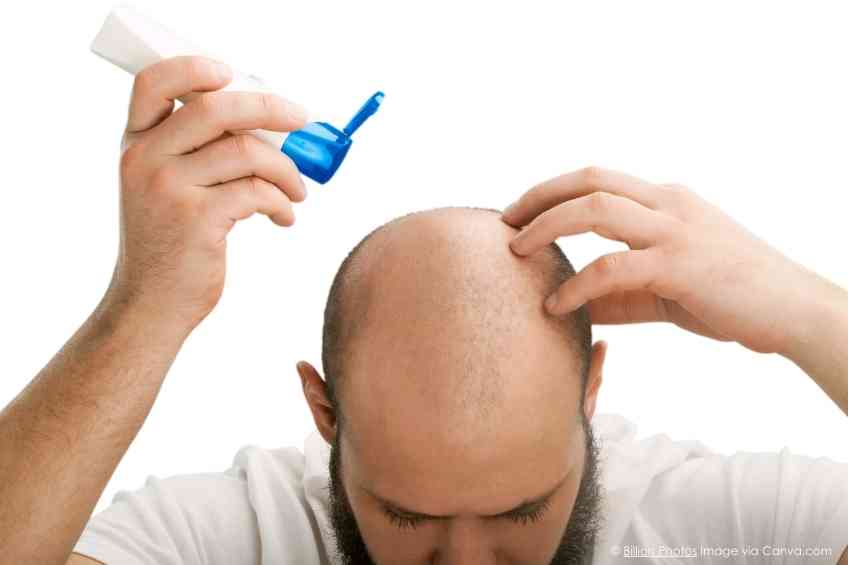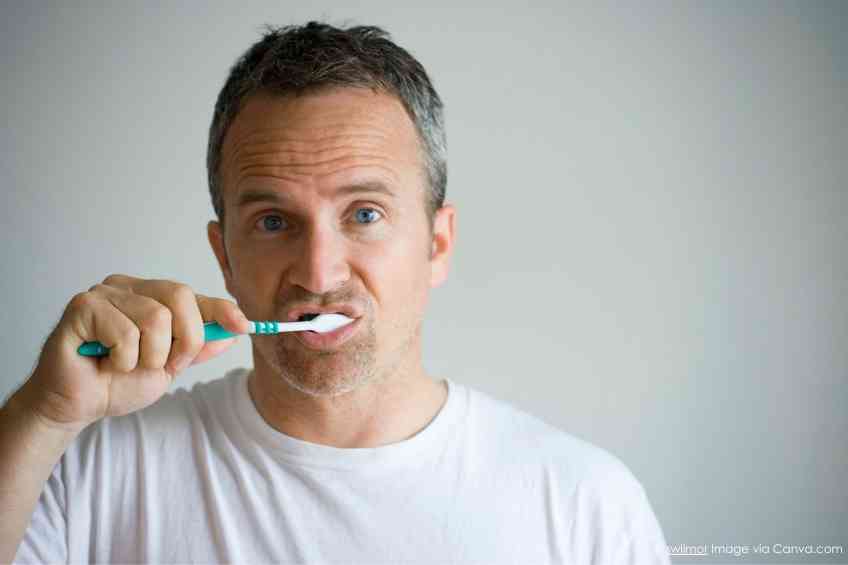By John Salak —
Most people assume the road to weight loss is through limiting what goes in their mouths. Makes sense because the less someone eats, the fewer calories they take in and the greater the chance of them shedding pounds. Exercise aside, there may be a new twist to losing weight. Gaining weight may not simply depend on what someone puts in their mouth, but rather how long the food stays in there. Essentially the approach means chewing food longer helps shed pounds, according to Japanese research.
The idea that chewing food well is a good idea that is nothing new. It has been linked to healthy digestion for some time. Some limited research has even indicated it can help shed pounds, but to date, the technical insights have been limited at best. Researchers at Japan’s Waseda University in Tokyo looked into establishing a defined link between extended munching and an increase in heat generated in the body after eating known in technical terms as diet-induced thermogenesis (DIT). The heated effect of food consumption is also seen as responsible for increasing the energy expenditure above the basal fasting level. This, in turn, helps prevent weight gain.
The Waseda team discovered that slow eating and prolonged chewing not only increased DIT but improved blood circulation in the abdomen’s splanchnic region, which covers the stomach and intestines, among other parts. “We were unsure whether the size of the food bolus (a semi-soft food mass) that entered the digestive tract contributed to the increase in DIT observed after slow eating,” explained Professor Naoyuki Hayashi, one of the paper’s authors. “Also, do oral stimuli generated during prolonged chewing of food play any role in increasing DIT? To define slow chewing as an effective and scientific weight management strategy, we needed to look deeper into these aspects.”
The answers came via a multi-tier study that measured intake, chewing and DIT levels. “We found DIT or energy production increased after consuming a meal, and it increased with the duration of each taste stimulation and the duration of chewing. This means irrespective of the influence of the food bolus, oral stimuli, corresponding to the duration of tasting food in the mouth and the duration of chewing, increased DIT,” the professor added.
Hayashi’s team didn’t provide any clear guidance on how long food should be chewed. They also admitted that the increase in DIT levels through extended chewing may seem insignificant at first glance. They did, however, give those interested in weight loss something to chew on. “While the difference in energy expenditure per meal is small, the cumulative effect gathered during multiple meals, taken over every day and 365 days a year, is substantial,” Hayashi noted.














